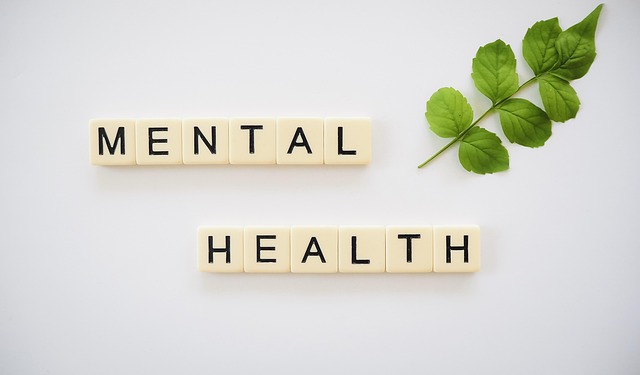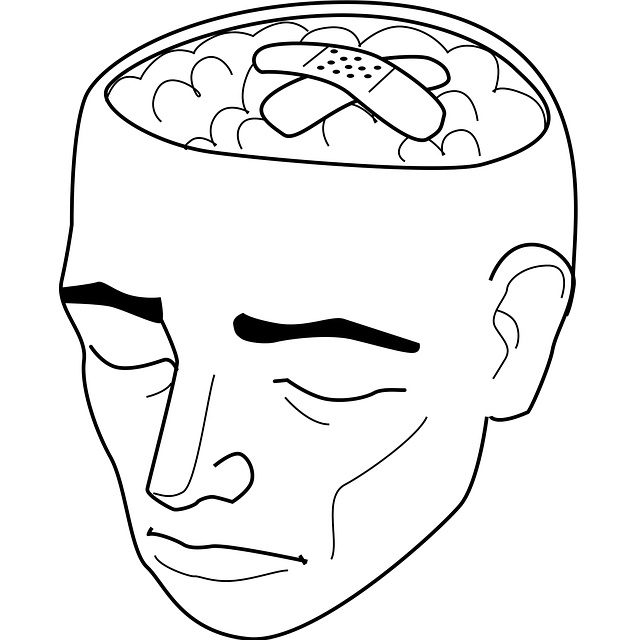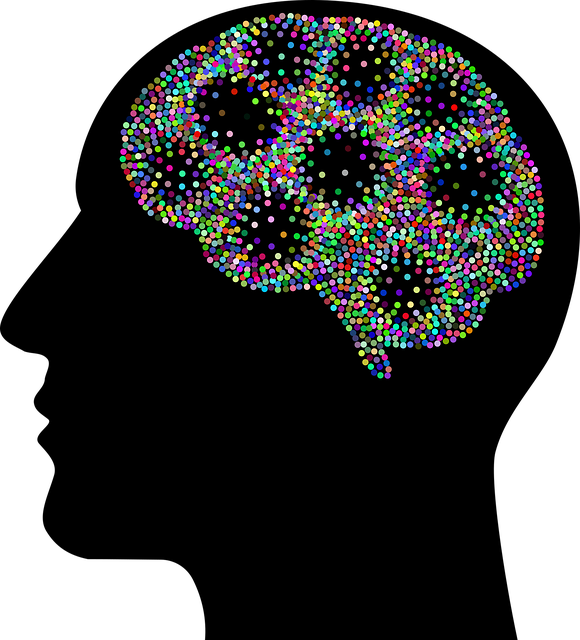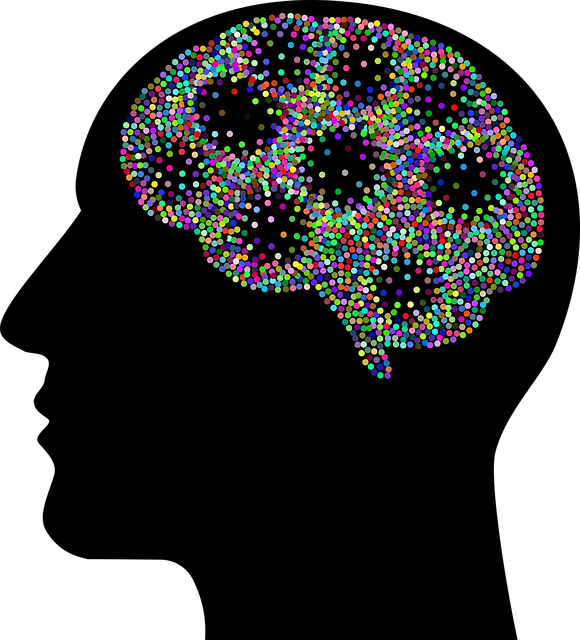Boulder Hebrew Speaking Therapy (BHST) provides a culturally sensitive approach to social skills training for mental health conditions, focusing on emotional regulation, conflict resolution, and assertiveness. Their evidence-based practices empower clients with coping mechanisms and confidence to engage in social interactions, while addressing stigma and fostering personal growth through personalized therapy sessions and risk management planning.
Social skills training is a powerful tool in managing mental health conditions. This comprehensive guide explores the intricate link between social abilities and psychological well-being, highlighting how enhancing these skills can significantly improve outcomes. We delve into the innovative approaches offered by Boulder Hebrew Speaking Therapy, a leading program specialized in teaching effective communication and relationship-building strategies tailored for individuals with diverse mental health needs. Learn about practical strategies to integrate into treatment plans for optimal patient support.
- Understanding the Connection Between Social Skills and Mental Health
- The Role of Boulder Hebrew Speaking Therapy in Training Social Skills
- Implementing Effective Strategies for Social Skills Development in Mental Health Treatment
Understanding the Connection Between Social Skills and Mental Health

Social skills training plays a pivotal role in managing mental health conditions, especially in today’s interconnected society. At Boulder Hebrew Speaking Therapy, we recognize that effective communication and social interaction are fundamental to an individual’s overall well-being. Mental health struggles can often isolate individuals, making it challenging for them to navigate social environments with ease. This is where specialized training comes into play, offering a path to rebuild and enhance social skills, thereby fostering better mental health outcomes.
The connection between social skills and mental health is twofold. On one hand, strong social connections can provide a supportive network that promotes positive thinking and anxiety relief. On the other, improving communication abilities enhances an individual’s ability to express themselves, manage relationships, and seek help when needed. Incorporating cultural sensitivity in mental healthcare practice is also crucial, ensuring that therapies are accessible and effective for diverse populations. By addressing these aspects, therapists can create a more inclusive environment, benefiting clients’ overall mental health journey, whether they’re dealing with anxiety or working towards personal growth.
The Role of Boulder Hebrew Speaking Therapy in Training Social Skills

Boulder Hebrew Speaking Therapy (BHST) offers a unique and specialized approach to social skills training, catering specifically to individuals navigating mental health conditions within a culturally sensitive environment. This therapy model recognizes that effective communication and social interaction are integral components of overall well-being, particularly for those dealing with various challenges. Through its comprehensive programs, BHST equips clients with essential self-awareness exercises and communication strategies.
The therapists at BHST are trained to guide individuals through the intricacies of social interactions, helping them develop robust coping mechanisms and confidence in their social abilities. They facilitate discussions on emotional regulation, conflict resolution, and assertiveness, all while considering cultural nuances. Moreover, BHST encourages clients to create personalized risk management planning, enabling them to anticipate and navigate potential triggers or stressful situations effectively. This holistic approach ensures that mental health professionals receive the necessary tools to support their clients in building meaningful connections and enhancing their overall social functioning.
Implementing Effective Strategies for Social Skills Development in Mental Health Treatment

Implementing effective strategies for social skills development is a critical component of mental health treatment, especially for individuals navigating conditions like anxiety or depression. At Boulder Hebrew Speaking Therapy, our approach combines evidence-based practices with cultural sensitivity to foster meaningful connections and enhance overall well-being. We believe in empowering clients by teaching them practical techniques to engage in social interactions with confidence and resilience.
Through personalized therapy sessions, we guide patients in building inner strength and developing coping mechanisms that facilitate social engagement. This includes risk management planning for mental health professionals, ensuring safe and supportive environments where individuals can practice new skills without fear of judgment. By addressing the stigma associated with mental illness through ongoing awareness and education, our programs create a sense of belonging and encourage active participation in social activities.
Social skills training, particularly through innovative programs like Boulder Hebrew Speaking Therapy, plays a pivotal role in enhancing mental health outcomes. By integrating effective strategies tailored to individual needs, this type of therapy empowers individuals with the confidence and ability to navigate social interactions successfully. Incorporating these techniques into mental health treatment plans can significantly improve overall well-being and foster a more inclusive and supportive community for those managing various conditions.














